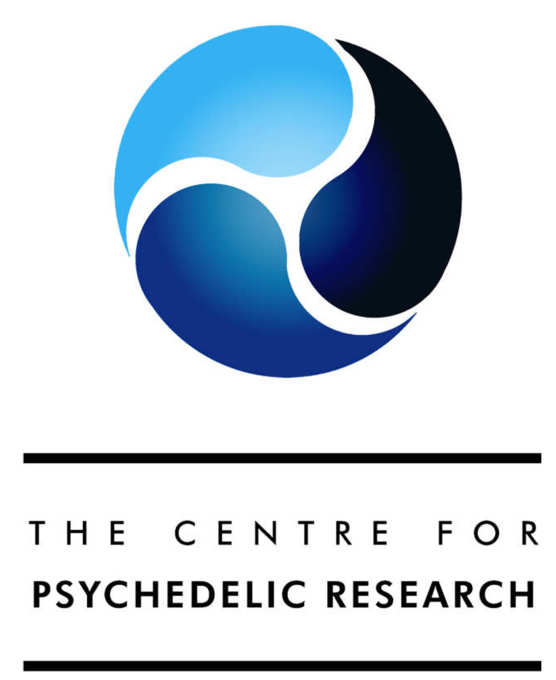Pioneering research
In the last decade, a number of research groups in Europe and the Americas have conducted studies into the safety and effectiveness of psychedelics for conditions such as depression and post-traumatic stress disorder (PTSD), but the Imperial Centre for Psychedelic Research is the first to gain this level of stature within a major academic institution.
When delivered safely and professionally, psychedelic therapy holds a great deal of promise for treating some very serious mental health conditions.
Dr David Erritzoe
Clinical lead in the Centre
for Psychedelic Research
Ours was the first Centre in the world to investigate the brain effects of LSD using modern brain imaging and the first to study psilocybin – the active compound in magic mushrooms – for treating severe depression. These studies have laid the groundwork for larger trials that are now taking place around the world. Other pioneering work from the group includes breakthrough neuroimaging research with psilocybin, MDMA and DMT (the psychoactive compounds found in ecstasy and ayahuasca respectively).
Building on our previous work, we have studies currently running to explore the safety and feasibility of psilocybin for treating patients with anorexia, OCD and fibromyalgia.
Dr David Erritzoe adds: “It may take a few years for psychedelic therapy to be available for patients, but research so far has been very encouraging. Early stage clinical research has shown that when delivered safely and professionally, psychedelic therapy holds a great deal of promise for treating some very serious mental health conditions and may one day offer new hope to vulnerable people with limited treatment options.”
Key links

